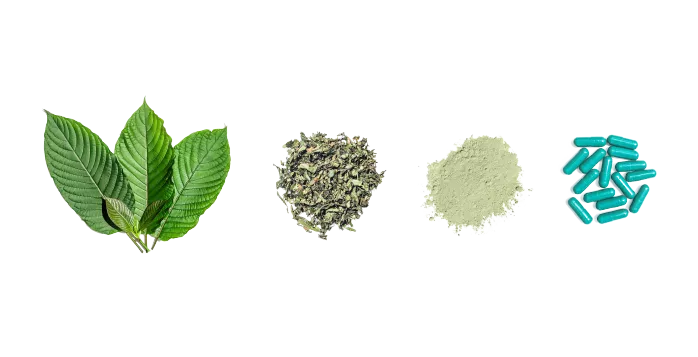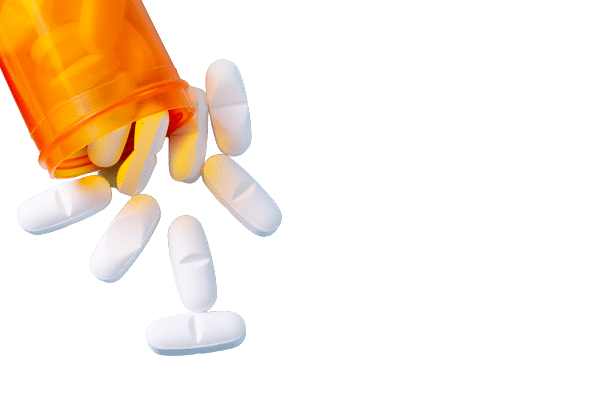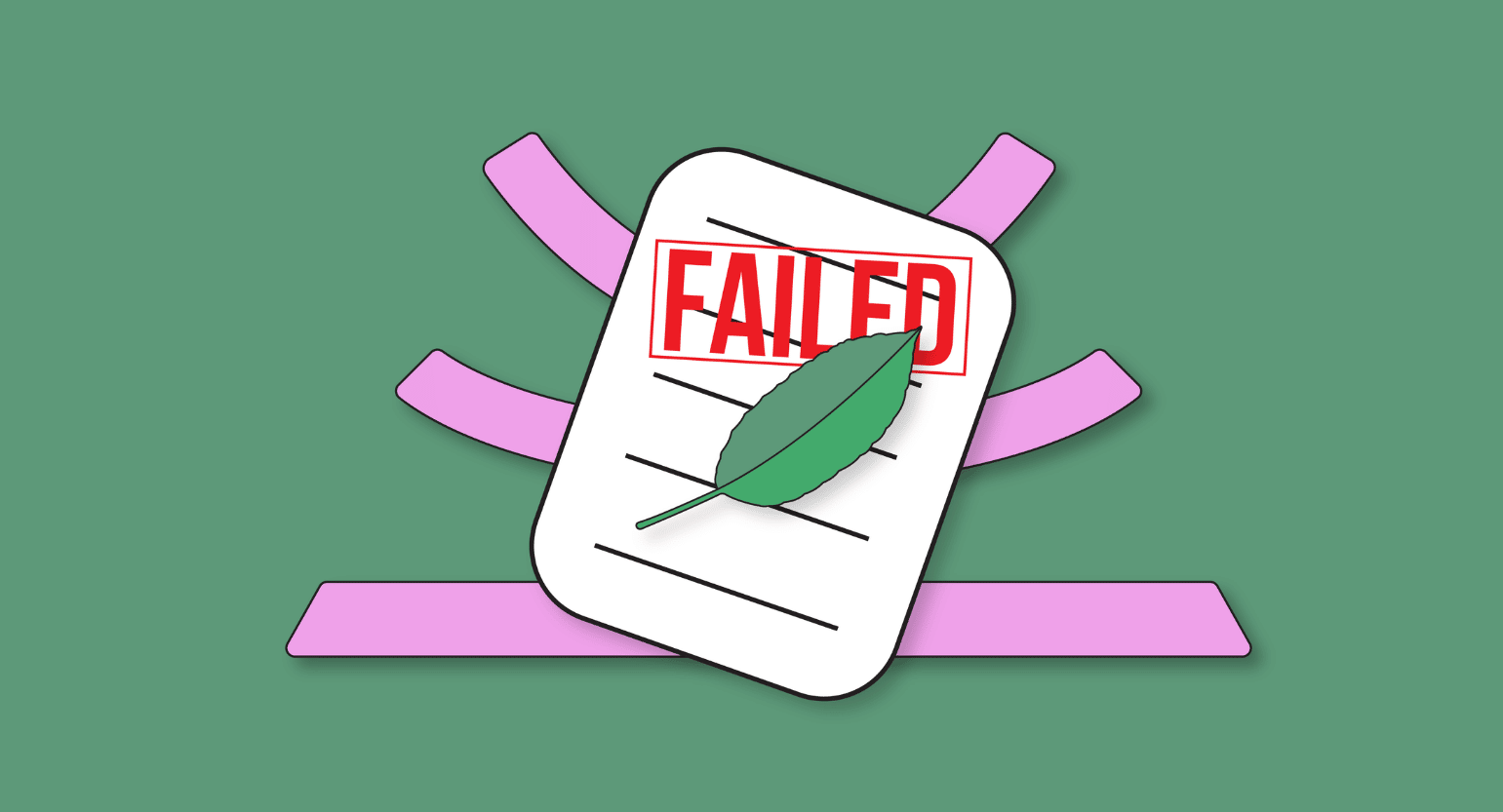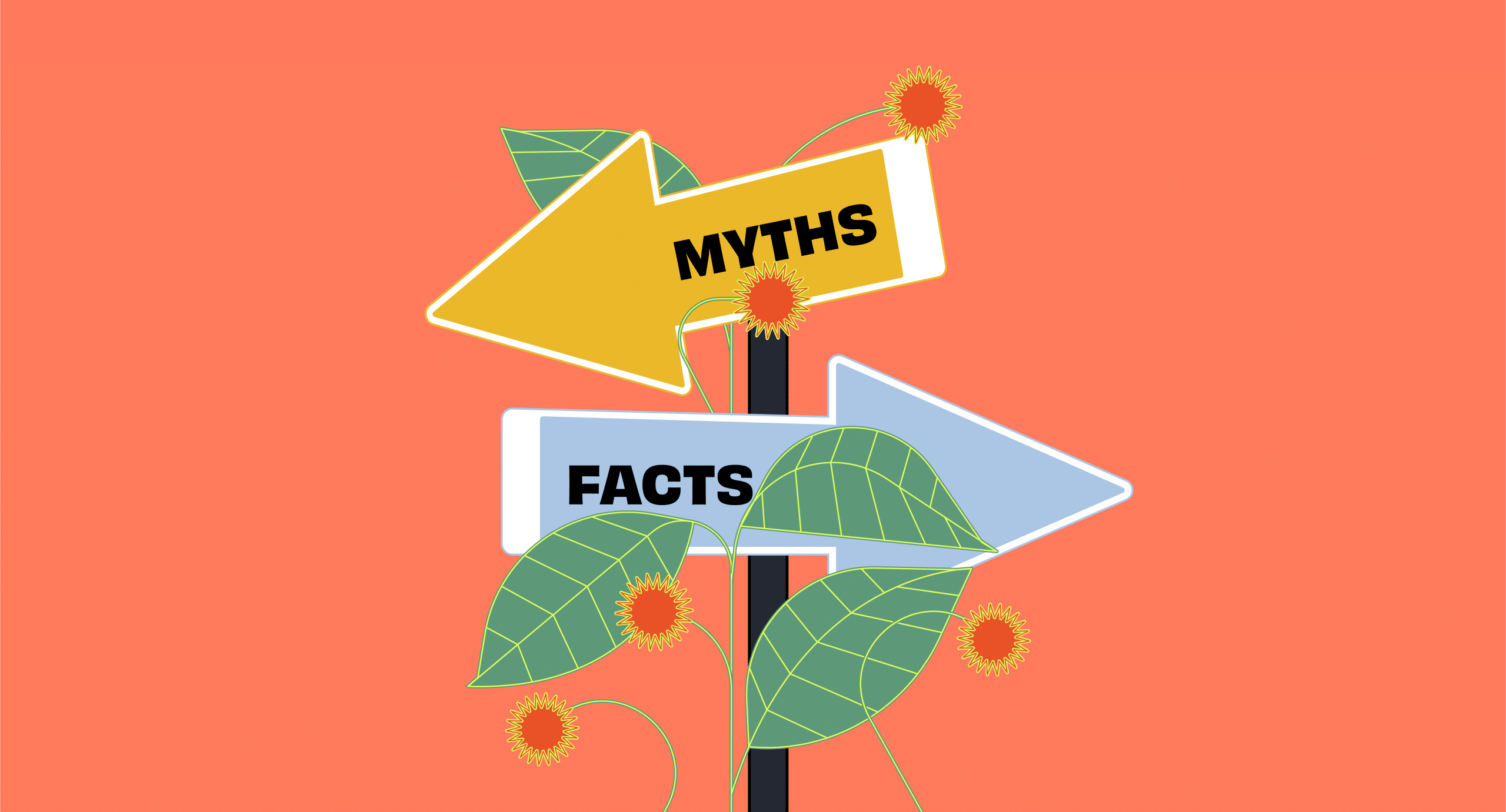Lafayette County in Mississippi just banned kratom. This county’s population is around 55,000. These individuals will now face charges if they use, purchase, possess, distribute, or sell kratom products.
The ordinance submitted by Sheriff Joey East states, “A review of the scientific literature and the reports of law enforcement and health official reveals that the effects of the substances are a health concern to the citizens of Lafayette County.”
The standard 30-day window for reviewing county ordinances was ignored for this ban, giving advocates and enthusiasts no time to speak up and oppose this movement.
Here’s the inside scoop on the Lafayette County kratom ban and why this keeps happening.
Lafayette County Joins The Ban-Wagon
The Sheriff’s Department of Lafayette went over the heads of citizens and advocates who support kratom use.
Sheriff Joey East submitted an ordinance claiming kratom is unhealthy, dangerous, and a risk to the county’s residents. However, residents were not given time to share their opinions, which goes against county ordinances.
Sheriff East claims scientific literature supports his conclusion that kratom is a health concern.
However, medical studies and current research suggest that kratom is safe and effective and doesn’t threaten people like prescription opioids and street drugs. The World Health Organization recently reviewed kratom and found it safe when used responsibly.

What About Kratom in the State of Mississippi?
Unfortunately, it doesn’t stop at Lafayette. Bill 681, designed to add kratom to Schedule I substances, passed in House 82-28. If it passes in the Senate, hundreds of vendors will have to take kratom off their shelves, and tons of individuals will be considered criminals if they want to use the plant in Mississippi.
Drug Policy Chairman, Lee Yancey, claims that kratom is a drug with no medicinal value whatsoever. He wants to see it banned in Mississippi, and House Bill 681 was created to do that.
In other words, individuals living in Mississippi risk having kratom placed in the same class as heroin.
Kratom’s Future in the United States
Looking at the bigger picture, what happened in Lafayette County is a warning signal for the rest of the U.S. Unfortunately, the FDA and big pharma are dominant. They are quickly stepping over the heads of advocates and citizens with ease, doing so by creating a false narrative about kratom and its effects.
Things may seem hopeless or bleak when we see impulsive moves like the one in Lafayette, but we must keep pushing forward. Kratom has and does impact tons of people’s lives for the better. Kratom advocates and users across America deserve to be heard.
The plant has helped many people break their addiction to opioids and assists others in managing their everyday struggles with pain and anxiety. It’s helped individuals live more natural lifestyles and step away from popping pills for every ailment. As a result, anecdotal evidence suggests that kratom helps millions to live better, comfortable, healthier lives without severe side effects.
So why would the FDA and big pharma work together to take out kratom when it has helped so many? We’re glad you asked.
Prescription drugs are a massive market; Americans spent about $348.4 billion on drugs in 2020 and about $576.9 billion in 2021. With the market climbing aggressively, the industry does not want to jeopardize that traction. As a result, anything that threatens the industry’s profitability must be addressed and dealt with accordingly, including kratom.

The FDA Loves Drug Money
Between September 2015 and January 2016, FDA officials held 70 meetings with significant drug company executives and lobbyists. These meetings aimed to set goals that could harm the industry, the FDA, and individuals who use or pay for prescription pharmaceuticals. The main issue at hand is how the FDA would go about approving new drugs.
The FDA could find itself in a deep hole if it weren’t to cooperate or negotiate with these big pharma executives. The agency, whose responsibilities include ensuring that prescription drugs sold in the United States are safe to use and effective, receives around three-quarters of its funding for that work via drug companies.
What does that mean? In Fiscal Year 2015, the agency spent around $1.1 billion on prescription drug oversight. That was categorized as part of the “process for review of human drug applications.” Congress delivered 29% of that funding, with drug companies providing the rest.
Over recent decades, “user fees” paid by industry have climbed from 35% of the FDA’s spending on this oversight to about 71%. It seems as though there are some strings attached to this corporate money.

Tips For Supporting the Pro-Kratom Movement
What everyday people can do to support the pro-kratom movement is to be educated, do their research, and help others understand that kratom isn’t something to fear. Follow the American Kratom Association on all their social media platforms, as making their way onto public networks is groundbreaking. Their goal is to protect the rights of Americans to consume kratom safely.
The more support they have, the more people they have behind them, and the stronger they are. The AKA is an essential part of the pro-kratom movement. Without them, individuals like us wouldn’t have much ground to step on.
Their group of lawyers, doctors, and law enforcement work tirelessly on behalf of kratom users. The AKA is fighting the attack on kratom by educating and protecting those who use the natural botanical.
Follow the American Kratom Association (AKA):
- Facebook: American Kratom Association
- Twitter: @TheKratomAssn
- Reddit: Americankratom.org
- YouTube: American Kratom Association
- LinkedIn: American Kratom Association

Conclusion
The Sheriff’s Department focused on the FDA and big pharma’s misinformation and scare tactics surrounding the subject of kratom. This move is simply pushing the pharmaceutical industry’s agenda and is blatantly turning a blind eye to anything else that may oppose or question their false narrative of kratom.
The future of kratom in Mississippi is unclear, and the United States follows close behind.
Unfortunately, there are too many higher-ups with too much power. These people make all the decisions, dictating what people can or cannot use. The ones saying, “No, that isn’t effective, it’s not going to work for you. Instead, use these FDA-approved prescriptions, manufactured drugs.”
In times like these, where impulsive decisions are made without giving people the chance to speak out, we need to rally behind the ones that support us. Show up to public hearings, follow the AKA on social media to prove that we are behind them, share correct information, educate others who are curious about kratom, donate to the American Kratom Association or sign up to stay in the loop about important news. There are tons of steps we can take as individuals to help out this cause, and they are steps we should feel responsible for handling.









